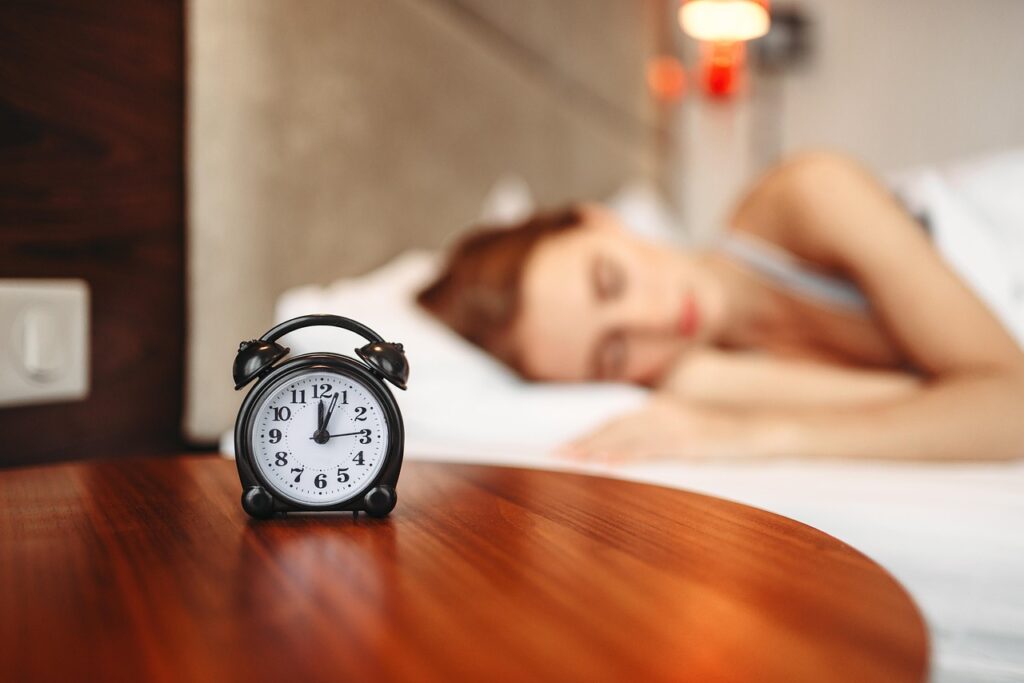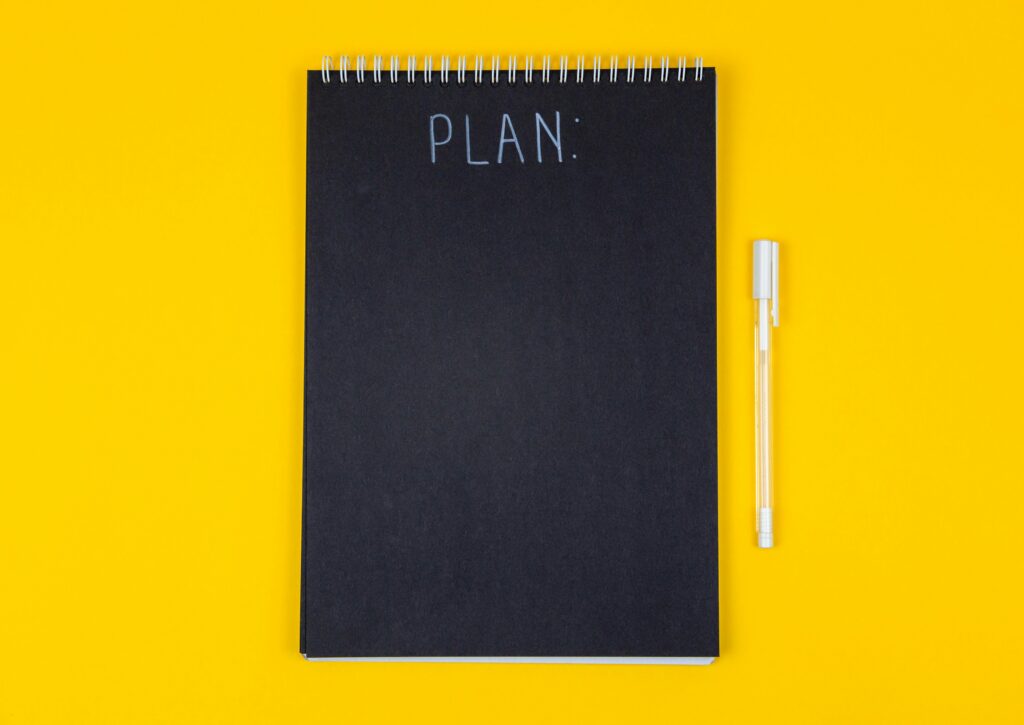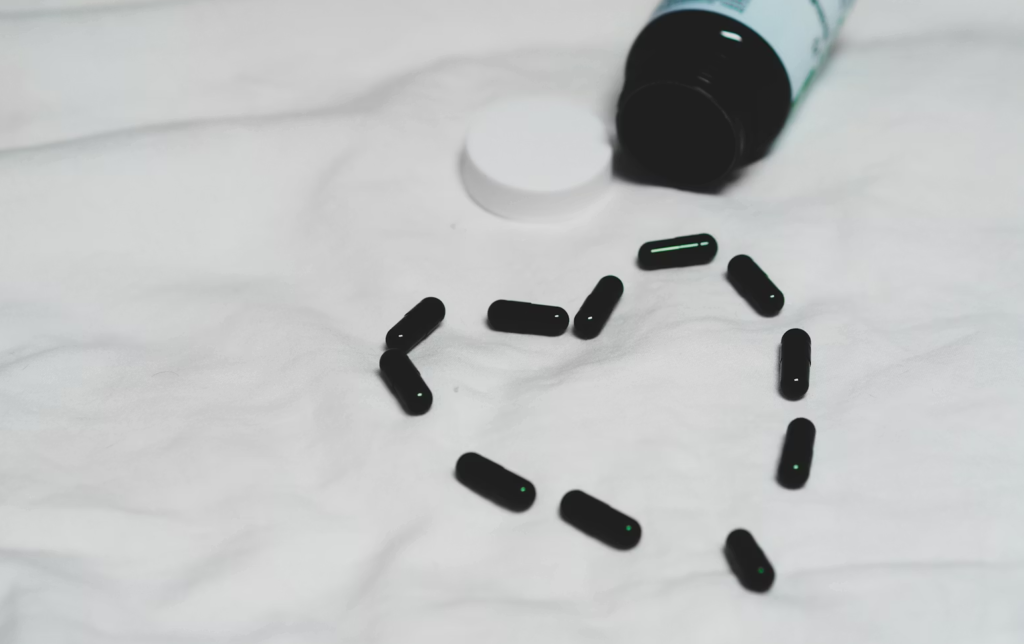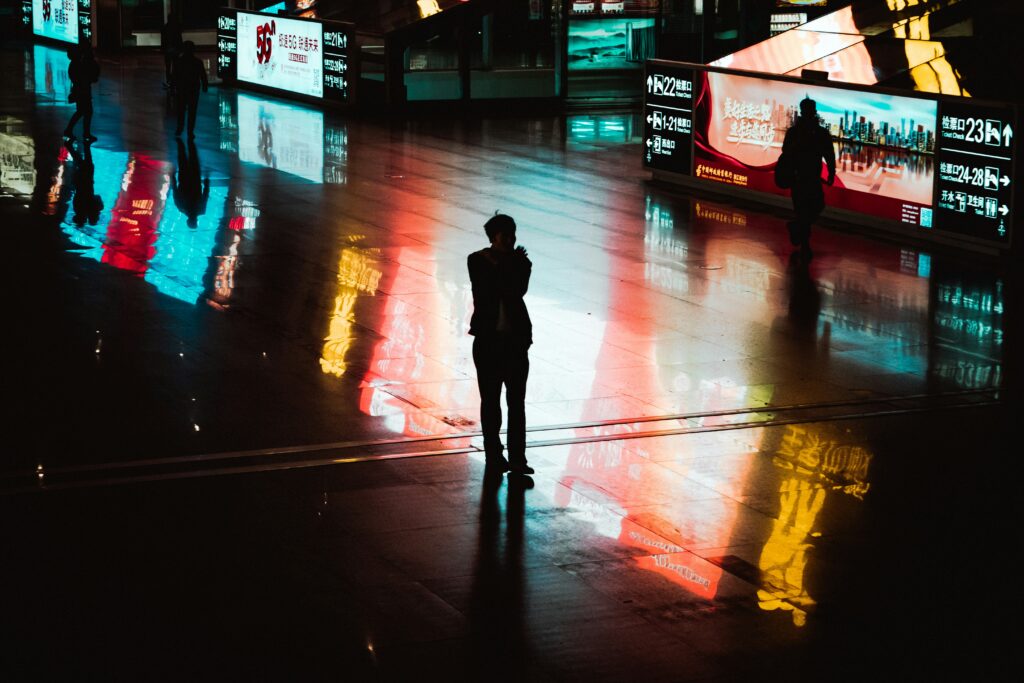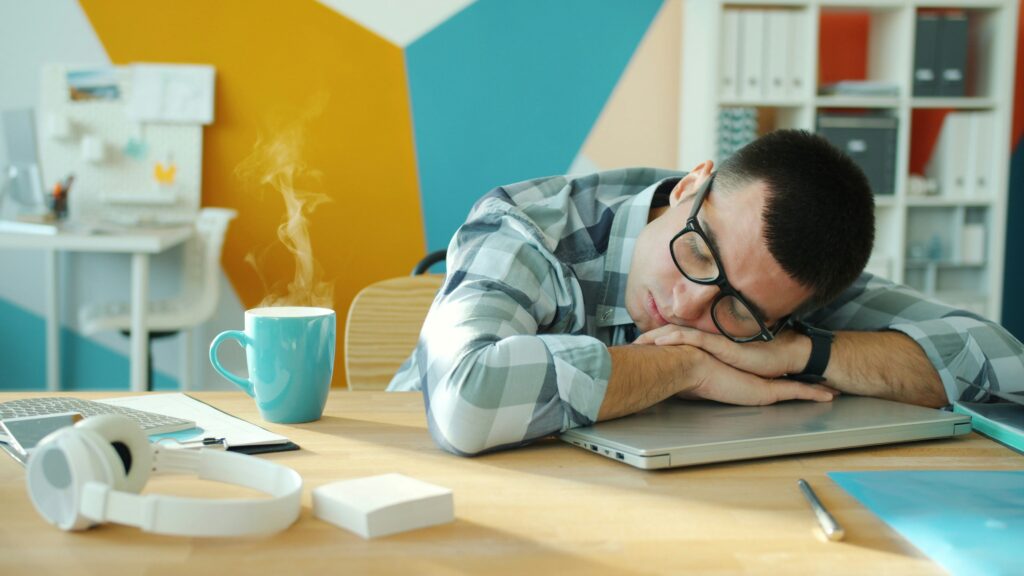In today’s hyper-connected world, it’s easy to fall asleep with your phone in hand or your laptop glowing in the background. But growing research shows that our tech-filled evenings are silently harming our sleep quality, mental health, and even immune function.
This blog post explores the science behind digital detoxing, how screens affect your circadian rhythm and melatonin production, and what you can do to build a healthier, screen-free evening routine.
Screen Time by the Numbers
Before we dive into solutions, let’s take a look at how much screen time we’re actually getting:
- The average adult spends over 7 hours per day on screens, according to a 2023 Statista report.
- 90% of people use a digital device within an hour of bedtime, per the National Sleep Foundation.
- Gen Z and Millennials spend over 4 hours daily on their smartphones alone—a large chunk of it during the evening.
How Screens Wreck Your Sleep
1. Blue Light Disrupts Melatonin Production
Your phone, tablet, and TV emit blue light, which mimics daylight and confuses your brain into thinking it’s still daytime. This suppresses melatonin, the hormone responsible for making you feel sleepy.
A landmark study from Harvard Medical School found that blue light exposure before bed can shift circadian rhythms by up to 3 hours and reduce melatonin levels by 50%.
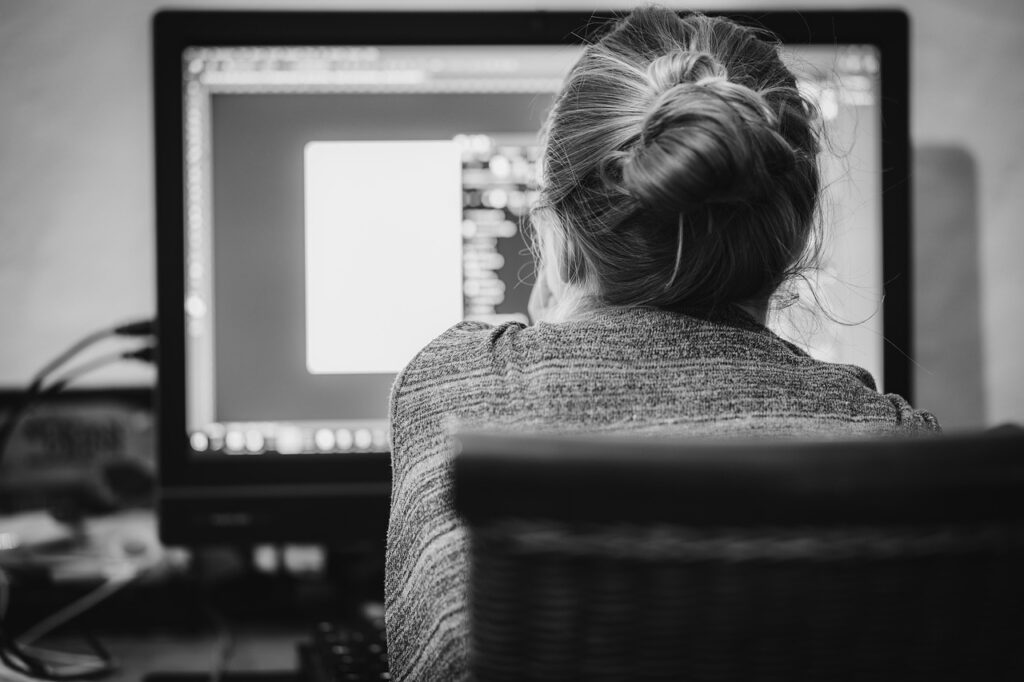
2. Screen Use Increases Sleep Latency and Reduces REM Sleep
Using devices before bed has been shown to increase the time it takes to fall asleep (sleep latency), reduce overall sleep duration, and decrease REM sleep—the critical phase for emotional regulation and memory consolidation.
A 2017 study in Sleep Health found that adolescents who used screens within an hour of bedtime had significantly shorter sleep durations and lower sleep efficiency.
3. Stimulating Content Keeps Your Brain Active
From TikTok scrolls to Netflix cliffhangers, digital content activates your dopamine reward pathways, making it harder for your brain to “power down” for the night.
The brain releases dopamine in response to social media interaction, keeping you mentally alert even when your body feels tired.
What Is a Tech-Free Evening (and Why It Works)?
A tech-free evening means intentionally disconnecting from screens 1–2 hours before bed. It allows your brain to follow its natural wind-down process and improves sleep quality, cognitive function, and mood.
According to the Sleep Foundation, people who engage in digital detoxing in the evening report better sleep and lower anxiety levels.
Replace Screen Time with These Sleep-Friendly Activities
Switching from screen time to more relaxing, circadian-friendly evening habits doesn’t have to be boring. Here are science-backed alternatives to help your body and mind unwind:
1. Read a Physical Book
Reading a book instead of dumb scrolling is not just better because you gain actual knowledge, but unlike screens, reading a paper book doesn’t emit blue light and can significantly help you fall asleep faster.
A study in PNAS (2015) found that participants who read on an iPad before bed took longer to fall asleep, had reduced evening sleepiness, and felt more groggy and less alert the next morning compared to those who read printed books.

2. Try Gentle Yoga or Stretching
Even 10 minutes of light movement before bed can reduce physical tension and trigger the parasympathetic nervous system, helping you feel relaxed and sleepy, while also preparing your mind to disconnect from the day’s stressors and transition smoothly into restorative sleep.
3. Practice Journaling or Gratitude Writing
Journaling helps your mind release the day’s stress and prepares you for restful sleep. Gratitude journaling, in particular, is linked to better mood and fewer negative thoughts before sleep.
A 2011 study in Applied Psychology: Health and Well-Being found that people who wrote in a gratitude journal slept longer and felt more refreshed.

Use Warm Lighting and Aromatherapy
Instead of overhead LED lights or your bright phone, use soft, warm-toned lighting. Add lavender or chamomile essential oils through a diffuser to promote calm.
Aromatherapy has been shown in various studies (including Frontiers in Behavioral Neuroscience) to reduce cortisol and improve sleep quality.
How to Build a Digital Detox Evening Routine (Step-by-Step)
Creating a tech-free evening doesn’t have to be all-or-nothing. Here’s how to ease into it:
Step 1: Set a Digital Curfew
- Turn off screens at least 60–90 minutes before bed
- Use “Do Not Disturb” mode or schedule app blockers
Step 2: Create a Wind-Down Space
- Dim the lights
- Keep devices out of the bedroom
- Replace screens with books, puzzles, or crafts
Step 3: Stick With It for 7 Days
- Habits form faster when you track them.
- Use a simple habit tracker or journal your progress.
Final Thoughts: Better Sleep Starts with Disconnection
In a world of endless pings and scrolls, your brain deserves rest and darkness. A nightly digital detox isn’t just a luxury—it’s a science-backed necessity for your physical and mental health.
By spending less time on screens and more time reconnecting with yourself, you’ll fall asleep faster, stay asleep longer, and wake up feeling genuinely restored.
Make your evenings sacred. Power down the screen, and power up your sleep.

